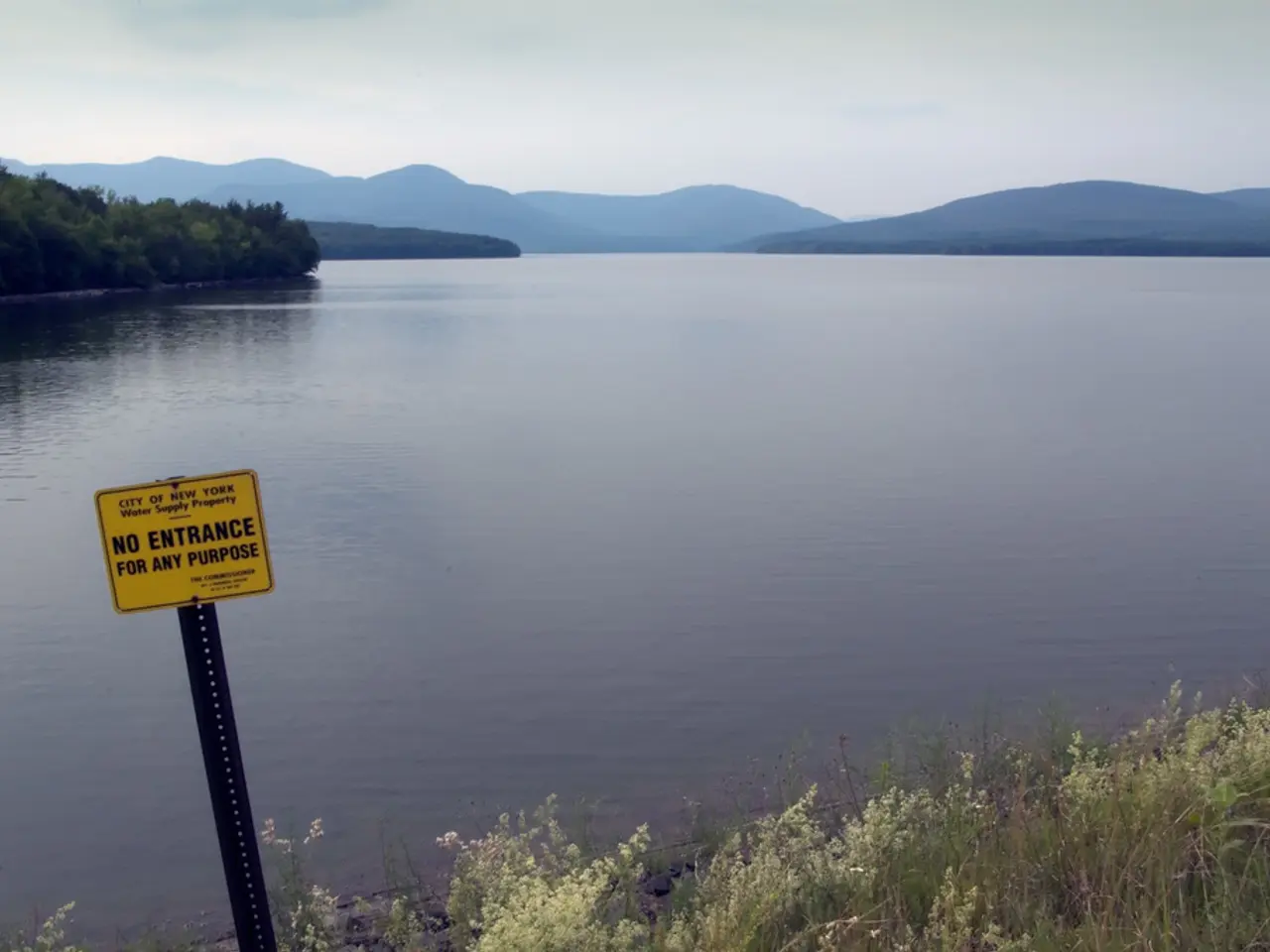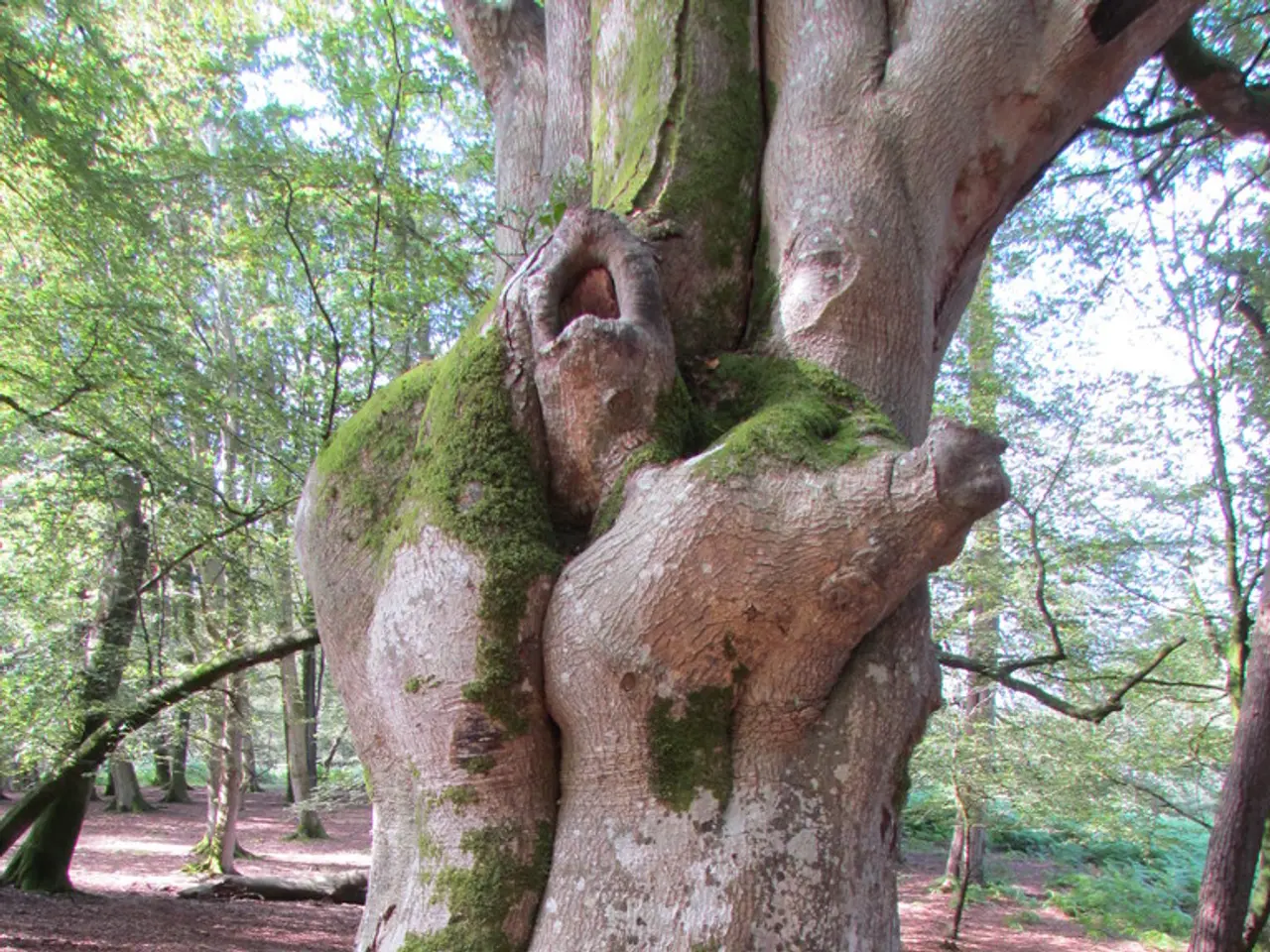US states face potential health risks due to smoke from Canadian wildfires.
In early June 2025, wildfires raging across Canada are wreaking havoc on air quality across North America, mainly affecting regions in the northern United States. Here's a rundown of the current situation:
The Wildfire Situation in Canada
- Flames Abroad: As of June 2, 2025, Canada had a whopping 107 wildfires, with 92 considered out of control and 26 being held. Meanwhile, 68 were under control, and 7 were being monitored[2].
- Geographical Spread: Western territories take the brunt, with British Columbia boasting 74 active fires, followed by Alberta with 56, Manitoba with 25, Ontario with 19, and Saskatchewan with 16[2].
- Evacuation Efforts: Mandatory evacuations have taken place, with the military lending a helping hand, notably for the most vulnerable populations such as seniors[3].
Air Quality Woes in the Northern U.S.
- Smoke Migration: The smoke from Canadian wildfires is creeping across the border and causing concern in various U.S. states, most notably Michigan[1][4].
- Potentially Affected Areas: The Upper Peninsula of Michigan and other northern regions have been hit hardest, with serious air quality issues arising because of these fires[1].
- Climate Change Connection: The rise in wildfires can be linked to increasingly drier conditions, which are exacerbated by climate change, leading to harsher and more widespread fires[2].
As a token of gratitude, Saskatchewan Premier Scott Moe expressed thanks to the personnel and aid from other Canadian provinces and the U.S. - including Arizona, Oregon, and Alaska - who are pitching in to combat the wildfires[5]. Moe pointed out that there has been an "appalling lack of moisture" in the northern parts of the province, leading to over 200 wildfires in Saskatchewan this spring[5].
- The wildfire situation in Saskatchewan, coupled with the climate-change-induced drier conditions, raises concerns about the health of its residents, who might be exposed to poor air quality due to the smoke.
- Travel to the northern United States may be impacted if the wildfires continue to spread smoke across the border, as weather patterns might alter due to climate change and influence air quality in regions like Michigan.
- In light of the ongoing wildfire crisis, environmental-science experts are urging for more research on how wildfires, climate change, and weather patterns might interact in the future, to help inform preventive measures and mitigation strategies for the protection of both the environment and public health.








